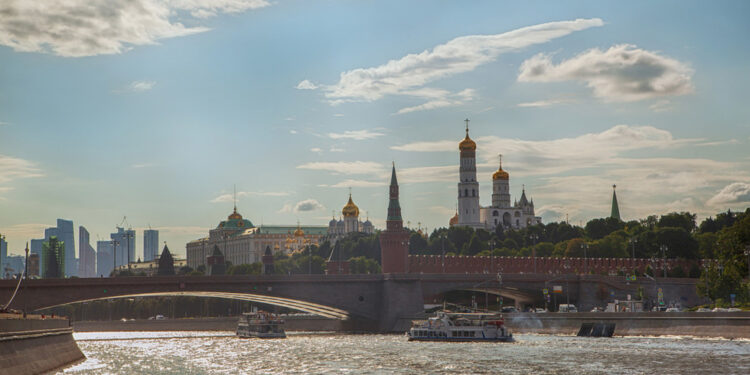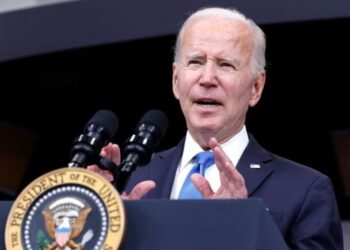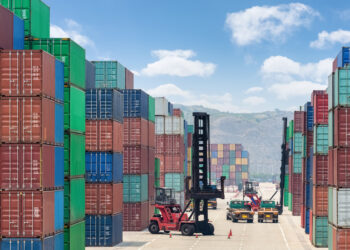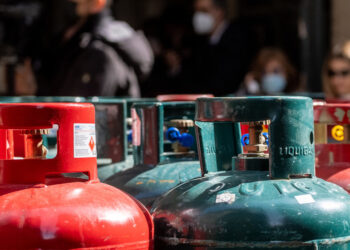Agencies-Gaza post
What does default mean for Russia?
Attempts to prevent Moscow from paying its foreign debt could undermine the western financial system
Western media reports that Russia is facing default on its external debt for the first time since 1918. Moscow had to make interest payments on bonds denominated in rubles after Washington blocked dollar payments.
- How does Russia react to default claims?
Moscow has denied the allegations, accusing Washington of trying to engineer an artificial default and saying the country is willing and able to service its external debt. The transition to payments in rubles does not imply default, stressed Finance Minister Anton Siluanov. - How does Moscow intend to service its foreign debt?
Under a new payment mechanism recently announced and signed by President Vladimir Putin, Moscow considers its commitments fulfilled “if they are settled in rubles in the amount of the value of the liabilities in foreign currency” at the exchange rate on the day the monies are transferred to the Central Depositary (NSD) through which they are paid out to creditors. - Why does Russia pay bonds in rubles?
In May, the US ended a bond waiver that had allowed Moscow to service its dollar-denominated debt. The Russian Treasury then said that in order to defend its reputation as a reliable borrower, Russia would service its Eurobond obligations in the local ruble currency if it were unable to pay in foreign currency. - What does default mean for a country?
Countries in financial difficulties cannot borrow money cheaply from international financial institutions because they are seen as a risk. - How does this affect Russia?
There is no reason for Moscow to issue bonds. The country has low debt of around 16% of GDP because it has traditionally not relied heavily on credit. In comparison, most western countries have debts near or well over 100% of their GDP. - How much damage does a default do to the country’s economy?
In terms of the Western financial system, it doesn’t matter. Sanctions make it impossible for Russia to act as before. Most western companies have pulled out and it is not possible to borrow money from western financial institutions. That makes Russia’s creditworthiness meaningless in the West. - How does this affect Russia’s remaining trading partners?
It has no negative impact on China, India and other key partners. Russia’s trade with its BRICS partners grew nearly 40% in the first quarter of 2022, compared to $164 billion last year. Russia’s trading partners were striving to replace Western companies in Russia. - What are Moscow’s alternatives to borrowing from Western institutions?
Financial institutions such as the BRICS New Development Bank (NDB), set up by member states Brazil, Russia, India, China and South Africa with the aim of financing infrastructure and development projects in emerging markets, could be a good option for Russia. - What is the potential fallout?
The West denies that a potential Russian default could have the kind of impact on global financial markets and institutions that stemmed from an earlier domestic debt default in 1998. At the time, Russia’s default on ruble bonds pushed the US government to step in and bring in banks to bail out a major American hedge fund whose collapse, it was feared, could rock the entire financial system.
However, investment analysts recognize that Russian bondholders could suffer serious losses as a result of Western actions and file lawsuits against the US government that prevented Russia’s dollar payments. Moscow warns that attempts to force Russia into default will only undermine the reputation of the western financial system.
Source: here























